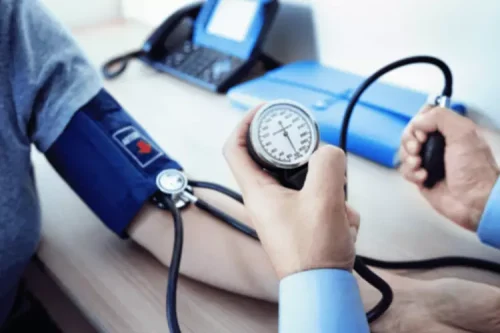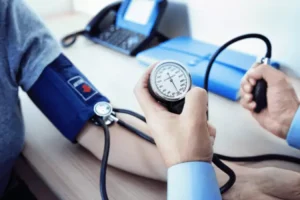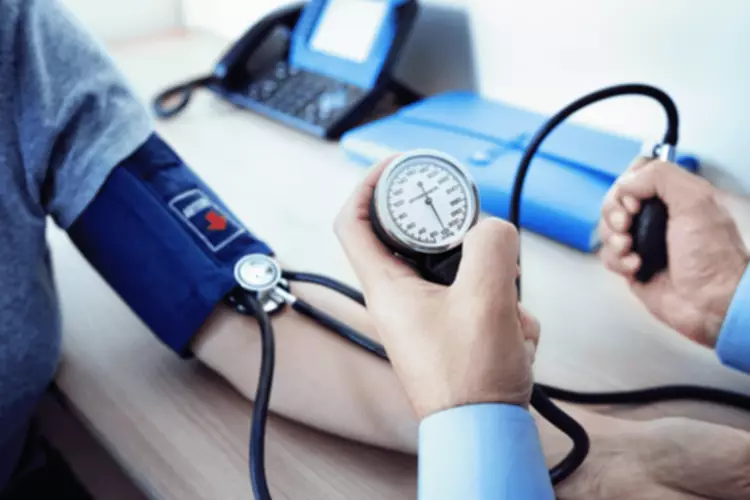
For this person to continue feeling that same high, they will have to take higher and higher doses of that prescription drug. When someone takes increasingly higher doses, they may develop a physical or psychological dependence or addiction, and they will have a higher risk of overdose. Accurately identifying persons with addiction is critically important for effectively targeting treatment and harm reduction interventions. Misdiagnosis of addictive disorders can lead to a cascade of negative outcomes, including stigma, discontinuation of needed medications, undue scrutiny of both patients and physicians, and even criminal consequences. It is hardly surprising that physicians frequently mislabel patients when the ICD terms used to code for addiction are themselves misleading. ICD codes have not been updated to reflect current understanding of addiction, unlike those in the DSM-5.
Drug Dependence Signs and Symptoms
Physical dependence is a natural expected physiological response to drugs such as opioids, benzodiazepines, antidepressants and corticosteroids. It is characterized by withdrawal symptoms with the patient being unable to cope when the drug is stopped. These programs are suited to individuals who have just completed an inpatient program and want to continue some form of therapy. Standard outpatient is also ideal for people who may be juggling other responsibilities, such as work or school. Individuals typically report to a treatment center or clinic 1 or 2 days per week. There has been an evolving understanding that substance misuse relates to a complex set of variables that includes a person’s genetics as well as physical, mental, emotional and social factors.

Addiction vs. dependence: What is the difference?
- First, it is crucial to understand the differences between drug tolerance, dependence, and addiction.
- Regardless of what term you use to describe a substance misuse issue, Mr. Kump emphasizes that the key is to understand that treatment is available.
- It’s crucial to differentiate between addiction and physical dependence to avoid real-life severe consequences.
- People can have just a physical dependence, addiction, or both at the same time.
- Most commonly, the cases are related to marijuana and prescription pain relievers.
While the person has difficulties physically withdrawing from the drug, they don’t have an intense or compulsive psychological or physiological need for it. For example, substance abuse could involve a college student who uses drugs or alcohol regularly and takes these in excess — often mixed with other substances. Abuse, in this case, is excessive use of drugs in a way that is hazardous and can interfere with school or home life. Addiction is marked by a change in behavior caused by the biochemical changes in the brain after continued substance abuse. Substance use becomes the main priority of the addict, regardless of the harm they may cause to themselves or others. An addiction causes people to act irrationally when they don’t have the substance they are addicted to in their system.
Begin your journey to recovery today

The following are frequently asked questions about drug tolerance. Additionally, someone’s age, sex, weight, underlying mental conditions, and drugs or substances they take at the same time as the medication may also impact their tolerance levels. People with certain liver or kidney disorders, the organs that break down or metabolize drugs, may require different drug dosages. Although someone with a drug addiction can end their physical dependence on the drug through detox, the mental component of the addiction remains, and maintaining sobriety can be an ongoing struggle.

Phone, Video, or Live-Chat Support
However, residential treatment is less intensive and resembles more of a comfortable home setting. Residential treatment will provide you with detox services and therapy, and it will help you create a plan to maintain sobriety long term. Inpatient treatment involves someone staying at a treatment center for a duration while they detox, receive therapy, and work on coping mechanisms to deal with their addiction. Inpatient treatment allows you to live in a structured environment away from temptations to use drugs or alcohol. Drug dependence refers to someone feeling like they cannot function normally without taking a substance. Dependence can be physical or psychological and can have many negative effects on someone’s life.
Standard Outpatient Programs
Learned tolerance results from frequent exposure to substances like alcohol. For instance, people who use alcohol for extended periods may not appear or even feel intoxicated yet still have a high tolerance. Dependence is a common and natural outcome of using certain drugs over time, but it is important to distinguish it from addiction. While nearly everyone who uses opioids for an extended period will develop physical dependence, only around 3% to 19% of patients will develop an addiction.
- There are many treatment options available for proper support and recovery of drug addiction.
- So, it’s important to consult a doctor to find the best program for your needs.
- Please note, this is only a quote of benefits and/or authorization.
- The committee made most decisions unanimously because there was general agreement from the experts as to how the syndrome should be defined (the names of the members are contained in the preface to DSM-III-R).

When addicted to a substance, a person cannot stop using it despite the negative consequences it has on their life. These changes have already been presented publicly at meetings of the American Psychiatric addiction vs dependence Association, the Research Society on Alcoholism (RSA) and the College on Problems of Drug Dependence (CPDD). At the 2009 CPDD meeting the audience was asked if there were any problems with the use of the word ‘addiction’ as a diagnosis, and there were no objections. At the 2010 RSA symposium on DSM-V, the audience present was almost unanimous in its support of the word ‘addiction’. Nevertheless, the working group, in an effort to minimize controversy, is recommending the more neutral label of ‘substance use disorder’ with subcategories of ‘alcohol use disorder’, ‘heroin use disorder’, etc.
Addiction encompasses both a mental and physical reliance on a given substance. Some nuances can make it difficult to determine if someone is addicted or dependent on a substance. On the other hand, dependence refers strictly to a physical need for a substance. In severe cases of intoxication or overdose, a person may require emergency care. Dependence can happen with many drugs, even when a person takes them as per their doctor’s instructions. Unlike addiction, dependence does not necessarily involve difficulty controlling behavior.


